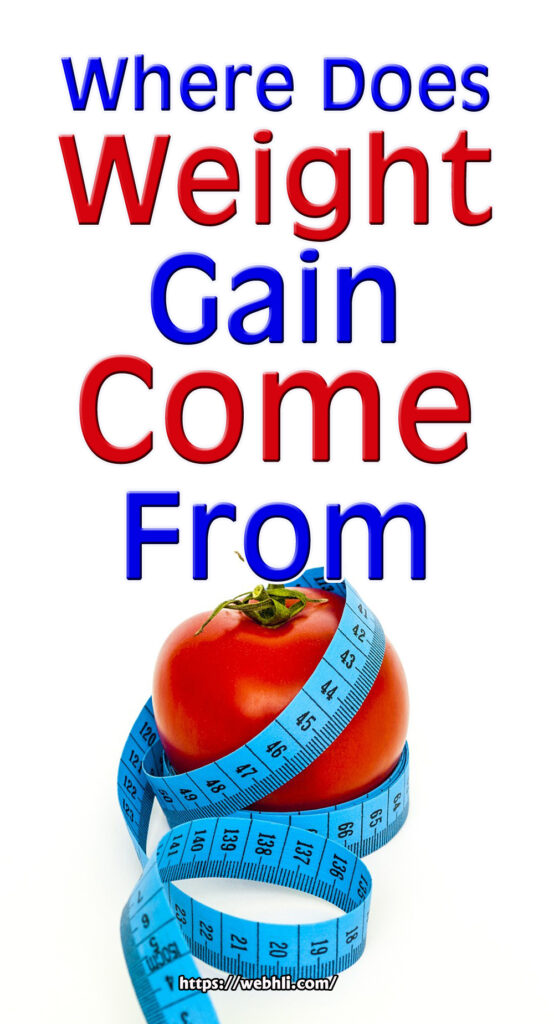It may seem that when "that time of the month" is coming around that you start dreading a lot of things. One of the most common issues is wondering how much weight gain is going to take place this time? While it may seem that you really pack on the pounds, it isn't as much as you think.
Yes, there is a level of discomfort that comes from a bloating feeling, but it doesn't mean that you are putting on ten or twenty pounds. It might feel like it, but you really aren't. The truth is that there is only a difference of about 2-4 pounds.
So where does this weight gain come from?
There are many misconceptions about where this weight gain comes from before menstruation. Many believe that it comes from overeating. After all, you do eat more during PMS. The truth behind this is that while there is more eating going on, there is also a rise in metabolism that is just enough to offset the difference. There might be a mild increase, but not enough to be noticeable.
Another misconception is that it comes from eating more sweets. The fact is you are craving more sweets during pre-menstruation. It isn't clear why that is the case, but it's obvious that it exists and that craving increases as the symptoms of premenstrual syndrome worsen. While you might think that this would cause a lot of weight to come, you aren't eating enough of an increase in calories to cause very much of on increase in weight.
The weight that you do put on happens to primarily come from water retention. For those who are struggling to control their weight, this can be a very frustrating thing. It seems that no matter how much work you normally do or how good your diet it, you seem to still put on weight and feel bloated. Don't worry, though. The water that is retained usually all comes off during menstruation.
There is a couple of things that you can do to help limit the amount of water you retain.
1) Limit the amount of sodium you take in.
2) Increase the water you drink.
When you get more sodium (salt) than you need, it tends to sit in the intestines and requires more from the kidneys to flush it out. What happens is that your body starts to need more. When your body isn't getting the water it needs, it starts retaining more. It notices that it needs more and realizes it isn't going to get more. When your body feels like it isn't getting the water it needs to function properly, it starts to go into conservation mode. It starts using less and keeping more.
When you cut down the amount of salt and sodium you normally eat or drink, your body needs less water to function efficiently. When you know that your body is going to be retaining fluids more anyway because you are approaching your menstrual period, start cutting back on salt. Also, start increasing the amount of water you drink. In doing this, you will see your body wanting to retain less and you won't be wondering each month how much weight gain is going to take place.


 Protected by Patchstack
Protected by Patchstack